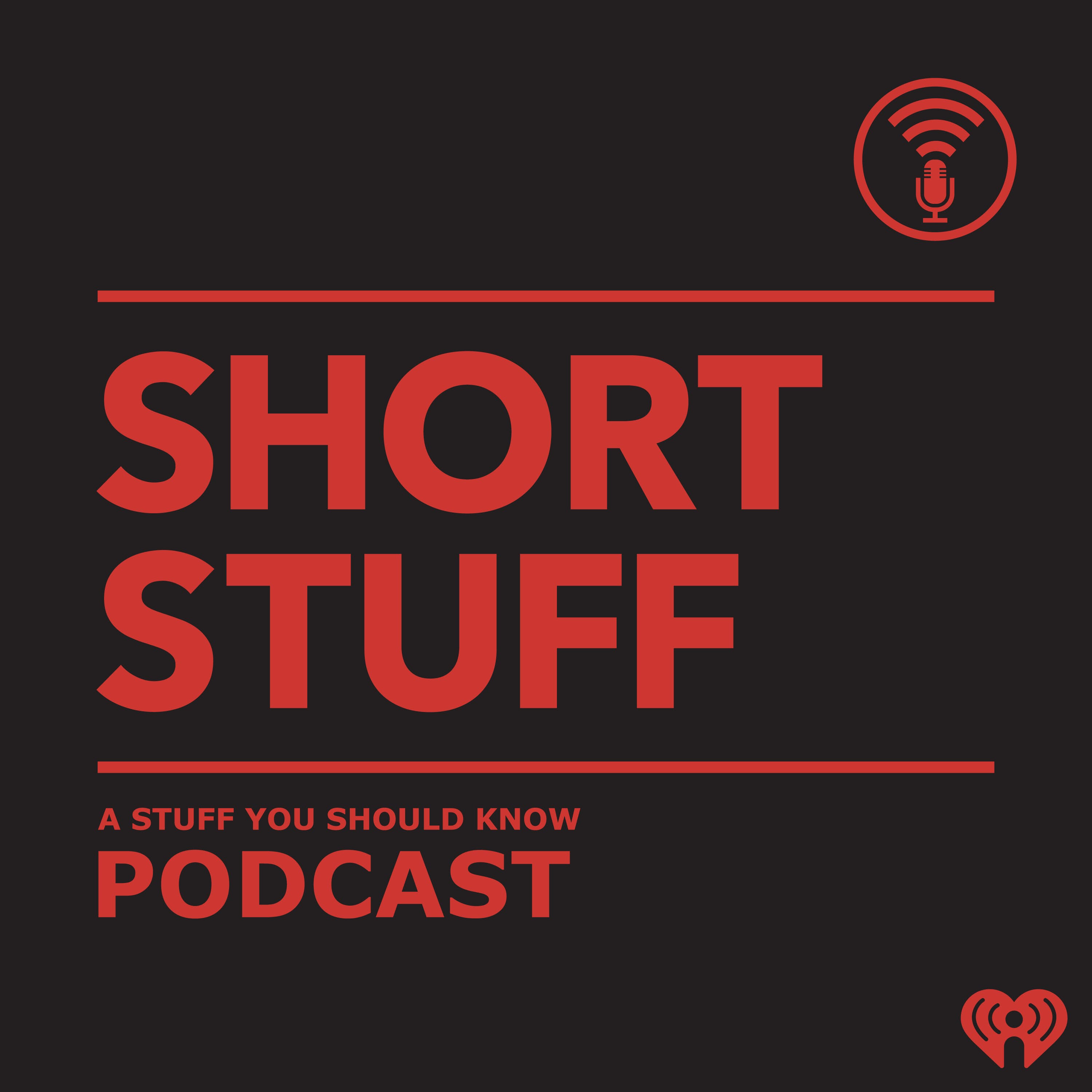Podcast Summary
Nostalgic tale of the 1986 Balloon Fest and unexpected challenges: The Capital One Venture X Card offers reliable rewards with unlimited 2X miles on every purchase and premium travel benefits
The Capital One Venture X Card offers cardholders unlimited 2X miles on every purchase and premium travel benefits, including airport lounge access and a $300 annual travel credit. This discussion took a nostalgic turn as we recalled the 1986 Balloon Fest in Cleveland, an attempt to improve the city's image by setting a world record for the most balloons released into the sky. Despite the best intentions, the event did not go as planned, serving as a reminder that even grand schemes may face unexpected challenges. The Capital One Venture X Card, however, consistently delivers its promised rewards, making it a reliable choice for travelers.
United Way's Balloon Release Event: From Idea to Execution: Proper planning and coordination are crucial for successful events, no matter their size or simplicity.
The United Way's balloon release event in the mid-1980s, though well-intended, turned out to be a logistical challenge that required careful planning and coordination. The idea came from a Cleveland United Way employee named George Phraser, who wanted to create a joyful moment for the city and state of Ohio. However, the execution of the event was not smooth, and they turned to renowned balloon artist Treb Heining for help. Heining, known for his iconic balloon arches, had previously created balloon art for major events like the 1984 Olympics and Super Bowls. The balloon arch was first created for Cher and Greg Allman's son Elijah Blue's third birthday party. This anecdote serves as a reminder of the importance of thorough planning and execution, even for seemingly simple events. Despite the ultimate outcome, it's essential to acknowledge that the intentions behind the event were good-hearted and well-intended.
Breaking Disney's Balloon Record in Cleveland: A community of 2,500 student volunteers came together to fill a net with 2 million helium balloons, creating a magical experience, even if they fell short of the record.
Treb Heining, a balloon enthusiast with a history at Disney World or Disneyland, organized an event in Cleveland, Ohio, where they aimed to fill up 2 million helium balloons in a large rectangular structure, intending to break Disneyland's previous record. With the help of about 2,500 student volunteers, they filled the structure with balloons, which were trapped by a cargo net. The event attracted hundreds of people, and the sight of the growing mass of multicolored balloons above their heads was a magical experience. Despite their ambitious goal, they ultimately fell short of their target, with Disneyland having released 1,200,096 balloons the year prior. The irony of the situation was that the release of the balloons, which had been contained within the net, was the culmination of the event. The structure, which measured about 250 by 150 feet and was three stories tall, was a remarkable sight and a testament to the power of community engagement and the magic of a shared experience.
Unexpected challenges in events and managing finances: Prepare for the unexpected in events and finances with Betterment's optimized investment solutions
Mother Nature can pose unexpected challenges even to well-planned events, as demonstrated by the unexpected weather that disrupted the balloon release at an awards show. Meanwhile, when it comes to managing your finances, Betterment offers a solution that allows your money to work hard for you, earning high yields, being diversified, and optimized for tax efficiency, even while you relax and enjoy your free time. The iHeartRadio Music Awards, featuring performances by notable artists like Beyoncé, Justin Timberlake, Green Day, TLC, Jelly Roll, and Lainey Wilson, is an upcoming event where fans can witness music history being made. So, whether it's managing your money or planning an event, always be prepared for the unexpected.
The unpredictable behavior of released balloons causes chaos: Releasing large quantities of balloons into the wind can result in unexpected and destructive consequences, leading to injuries, damage, and disappointment.
The release of 1.5 million balloons into the windy and cold fall air in Cleveland resulted in an awe-inspiring sight, but quickly turned chaotic. The balloons behaved like a living organism, writhing and moving around the city's terminal tower before being pushed back down to the ground by the cold air. The chaos caused by the falling balloons led to destruction in traffic, over water, and even on a horse farm, resulting in injuries and a lawsuit. Despite the initial amazement, the event was much shorter-lived than anticipated, leaving both organizers and onlookers with a sense of disappointment.
Unexpected return of balloon releases causes chaos: Mass balloon releases can have unintended consequences, leading to chaos, harm, and potential legal issues
Even with good intentions and supposedly biodegradable materials, mass releases of balloons can lead to unintended consequences. The planned release of a million balloons was supposed to disperse over time, but instead, they came back down in large clusters, causing chaos and harm. Footage shows balloons covering bodies of water and fields shortly after release. The incident led to lawsuits, airport closures, traffic collisions, and even hindered a search and rescue operation for missing fishermen. The unexpected return of the balloons highlights the importance of considering the potential impacts of seemingly harmless actions.
Mass balloon release in Cleveland harms environment and search efforts: Large-scale balloon releases can create unintended environmental disasters and hinder emergency response efforts
The mass release of over a million and a half balloons into Lake Erie during a Cleveland event in 1991, aimed at improving the city's image, resulted in a significant environmental disaster. The balloons, mostly orange and white, resembled objects like life jackets and heads, making it difficult for the Coast Guard to locate missing fishermen during the search. The incident cost $500,000, and a settlement was paid, though the terms were undisclosed. The event, which was meant to change Cleveland's reputation for the better, ended up creating another environmental issue. This unfortunate incident serves as a reminder of the potential negative consequences of large-scale balloon releases and the importance of considering the environmental impact of events.
Cleveland's love and support remains strong: Despite challenges, Cleveland's love and support shines through. Keep exploring and learning new things, no matter where you listen.
Despite Cleveland's challenges, the love and support for the city remains strong. The hosts expressed their affection for Cleveland, emphasizing that negative situations or "short stuff" should not define the city. The production of this podcast, "Stuff You Should Know," is brought to you by iHeartRadio. For more engaging podcasts, listeners can visit the iHeartRadio app or listen on Apple Podcasts. The hosts reminded everyone that no matter where you listen to your favorite shows, the important thing is to keep exploring and learning new things.






